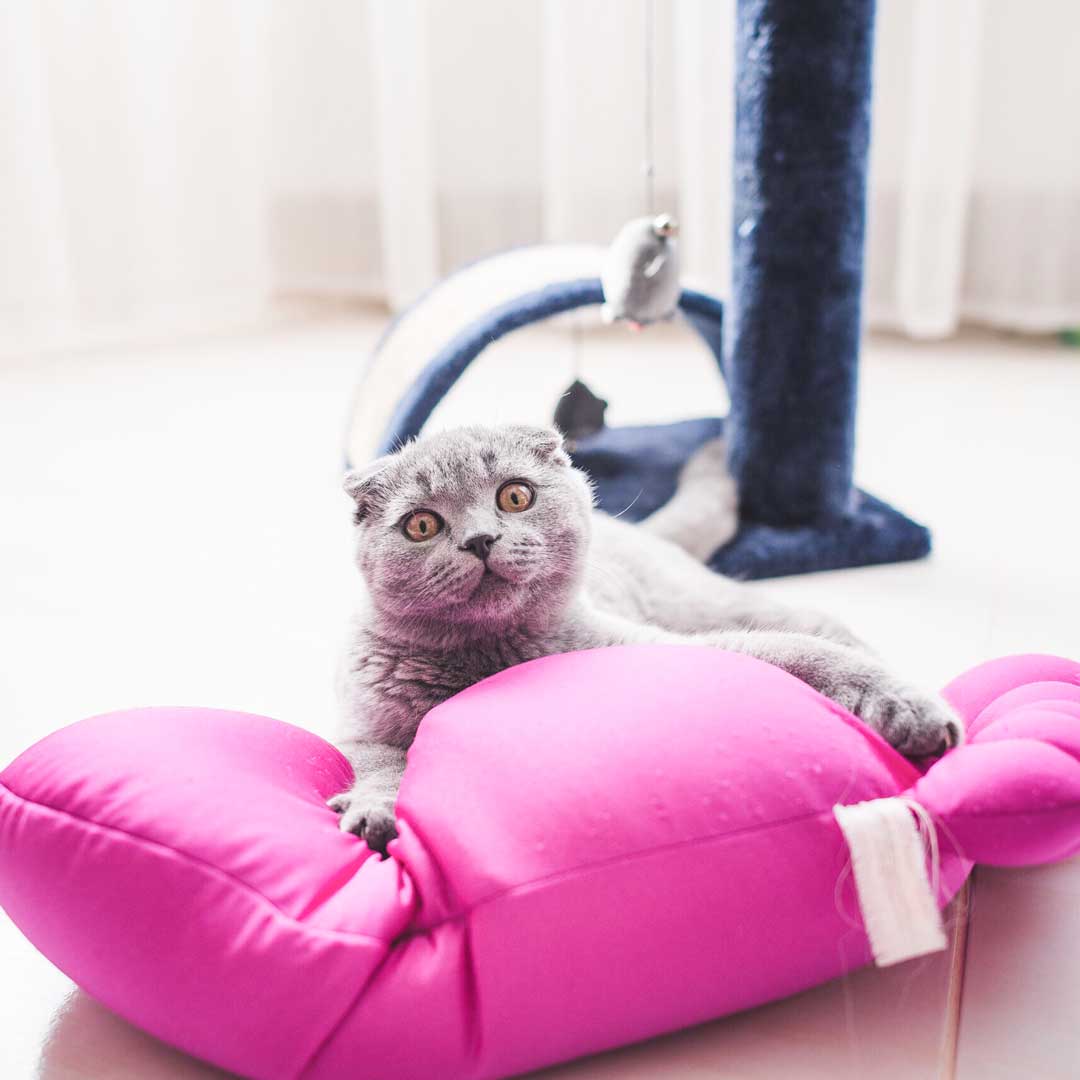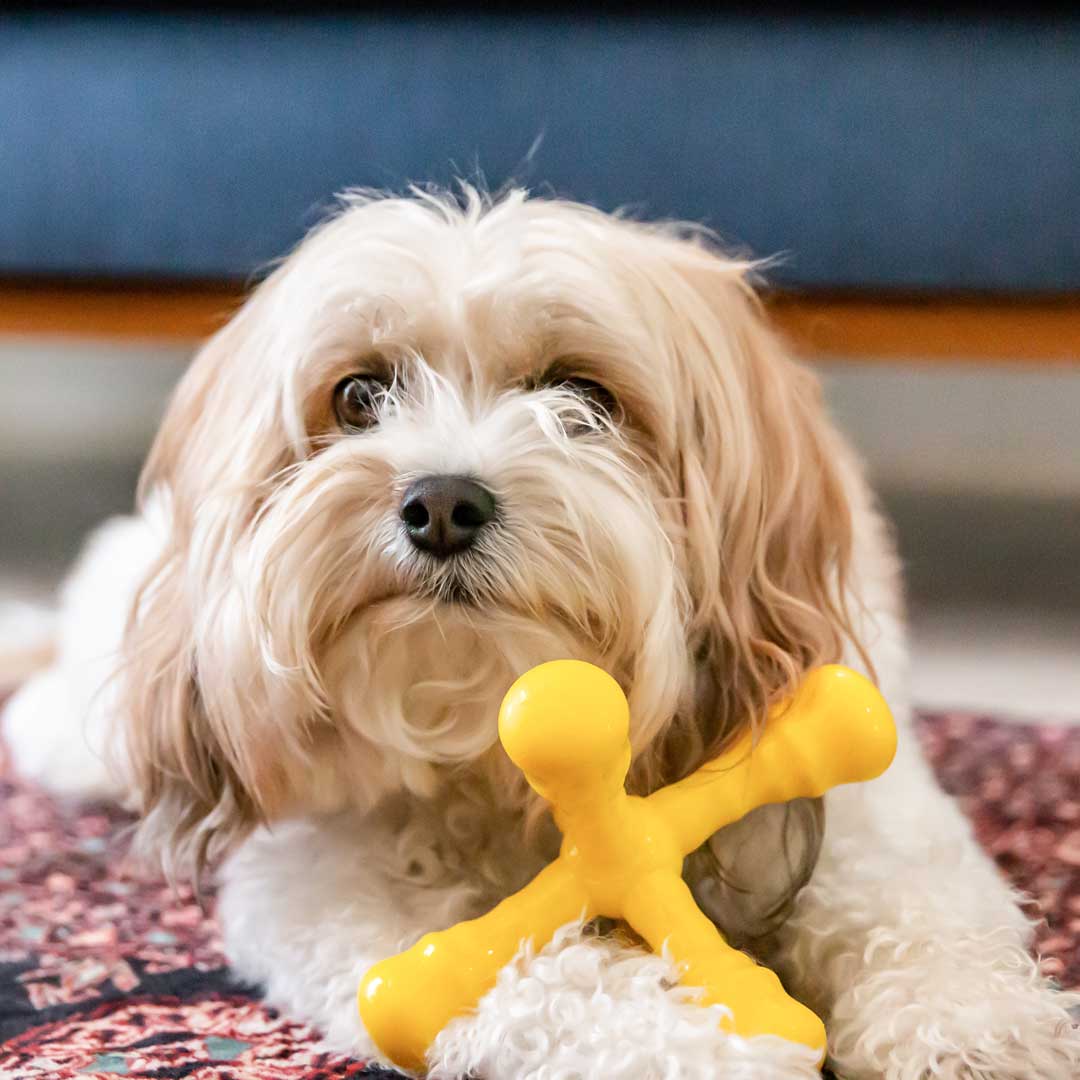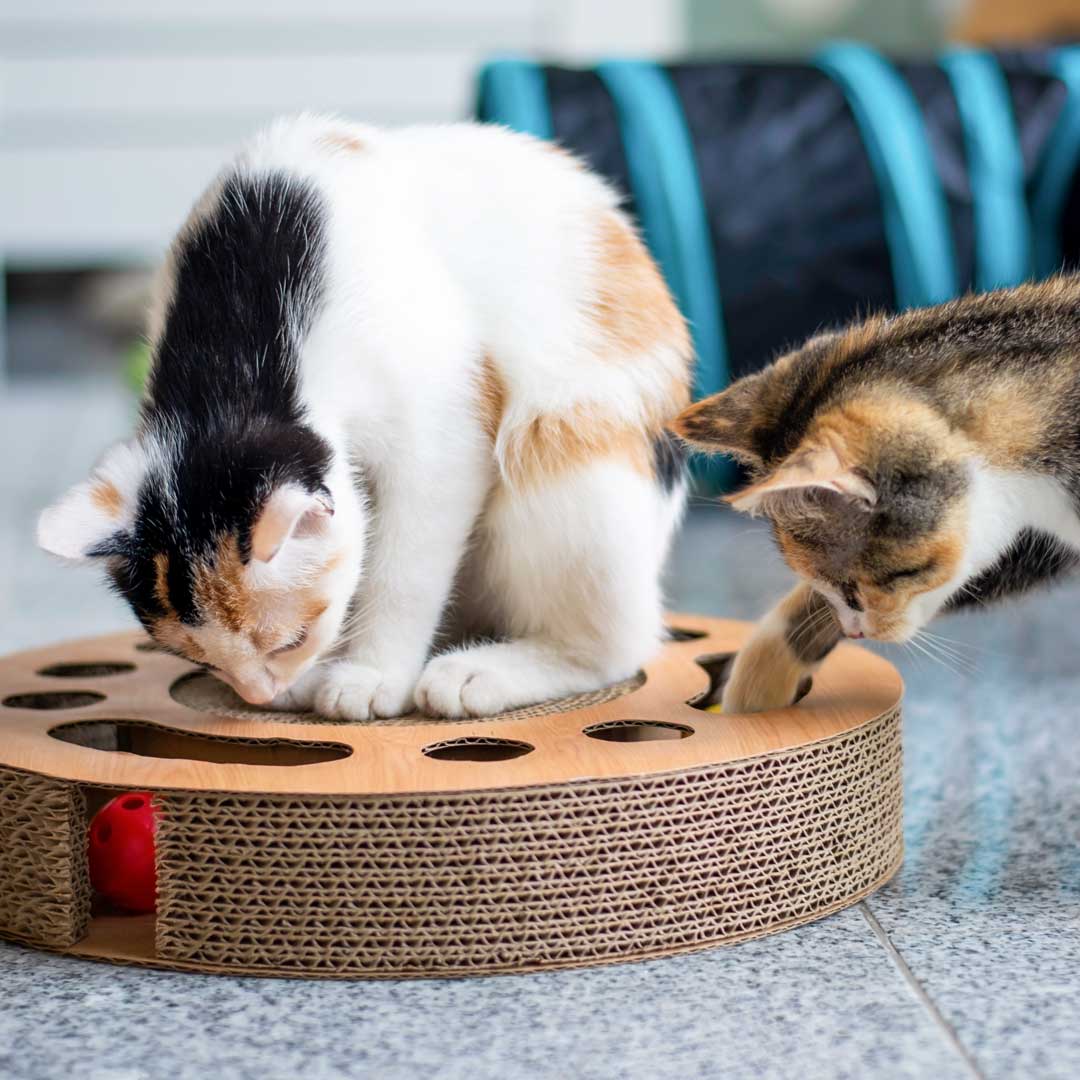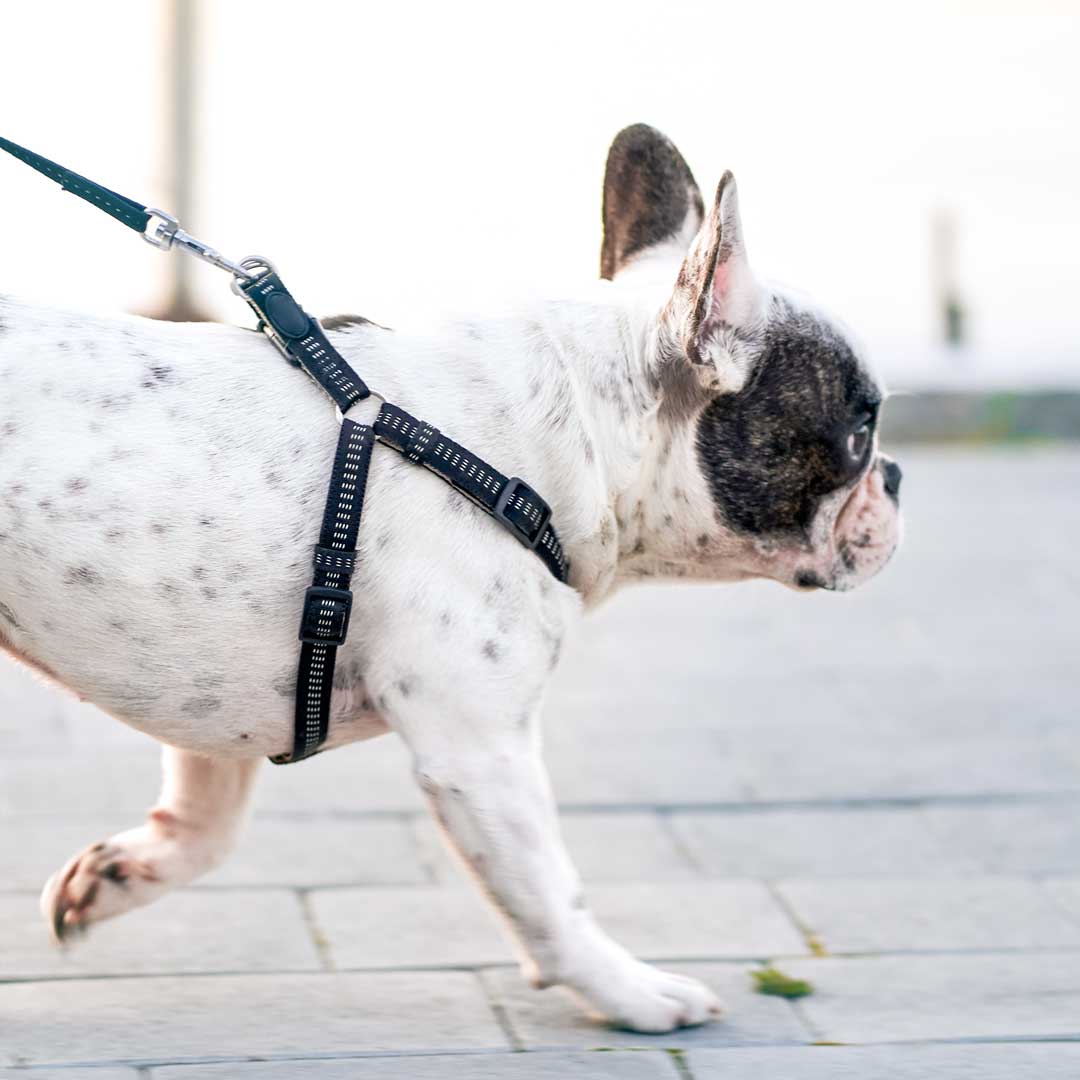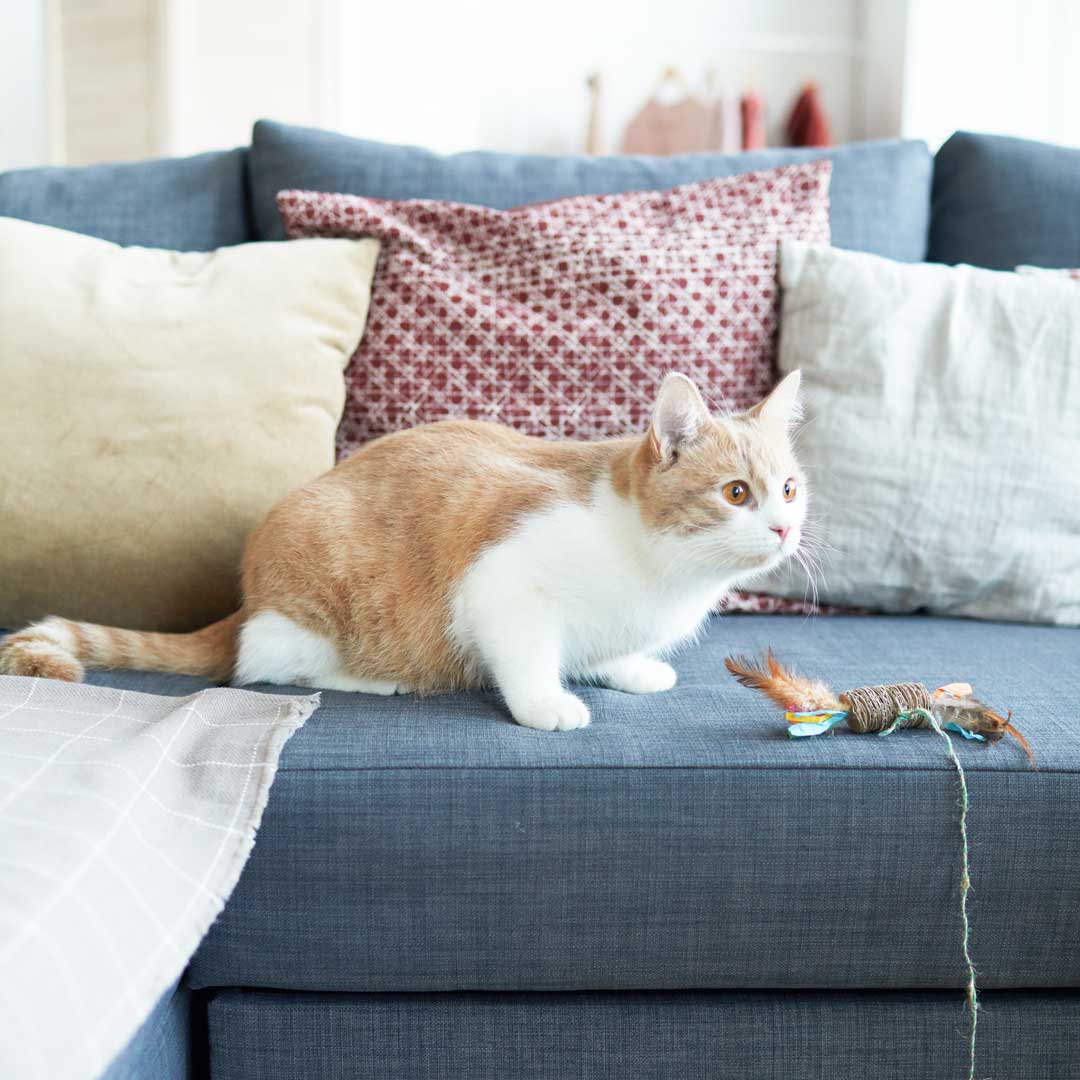- Preparing for Pet Ownership
Pets require attention, exercise, and companionship. Consider your daily schedule and how much time you can realistically dedicate to your pet.
Ensure that your home is safe and spacious enough for the type of pet you want. Some pets need more space and stimulation than others.
Pet care involves more than just the initial adoption fee. You’ll need to budget for food, veterinary care, grooming, and unexpected expenses.
- Basic Health Care for Your Pet
Feed your pet a balanced diet tailored to their age, size, and specific needs. Make sure the food you choose provides all the essential nutrients.
Pets need regular physical activity to stay fit and prevent obesity. Exercise also helps to reduce anxiety and behavioral issues.
Routine check-ups are essential to prevent illnesses and detect potential health issues early. Make sure your pet gets their vaccinations and parasite prevention treatments on time.
Regular grooming helps keep your pet's coat clean and healthy. It also gives you an opportunity to check for skin conditions or abnormalities that might require veterinary attention.
- Reducing Stress in Pets
Make sure your pet has a quiet, comfortable place where they can retreat to when they need some peace and solitude.
Pets thrive on routine. Stick to regular feeding, walking, and playtimes to provide stability and reduce stress.
Bring along your pet’s favorite blanket, toy, or bed during travel or when they are in unfamiliar environments.
- Understanding Your Pet's Behavior
A happy pet will show affection by wagging their tail, cuddling, or playing with you. These are signs of contentment and trust.
If your pet suddenly shows aggressive behavior or becomes fearful, it could be a sign of stress, illness, or discomfort. Consult a veterinarian if these behaviors persist.
A sudden change in your pet's eating habits or energy levels can be a red flag. Monitor these changes and seek veterinary advice if needed.
- How to Keep Your Pet’s Teeth Healthy
Just like humans, pets need their teeth brushed regularly. Use a pet-safe toothbrush and toothpaste to remove plaque and prevent gum disease.
Providing your pet with dental chews can help reduce tartar build-up and keep their teeth clean.
Have your pet’s teeth checked during regular vet visits. Some pets may need professional cleanings to maintain oral health.
Why Choose Us
Choosing the Right Products for Your Pet
Comfortable Bedding
Pets need a comfortable space to rest. Make sure they have a bed that suits their size and sleeping habits.
Toys and Accessories
Toys are vital for both mental stimulation and physical exercise. Choose durable toys that are safe for your pet's age and size.
Pet Food
Select food that is appropriate for your pet’s age, size, and health needs. If in doubt, consult your veterinarian for recommendations.

